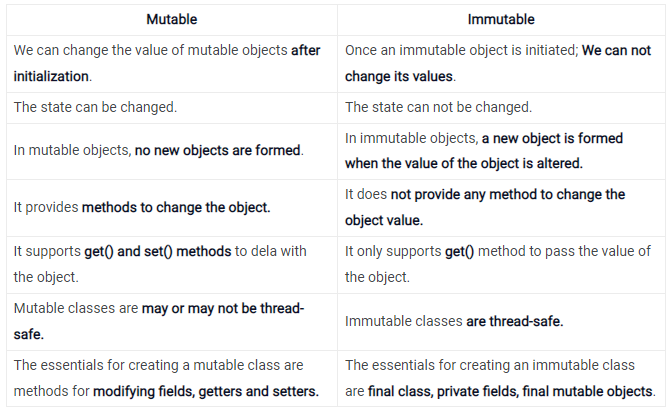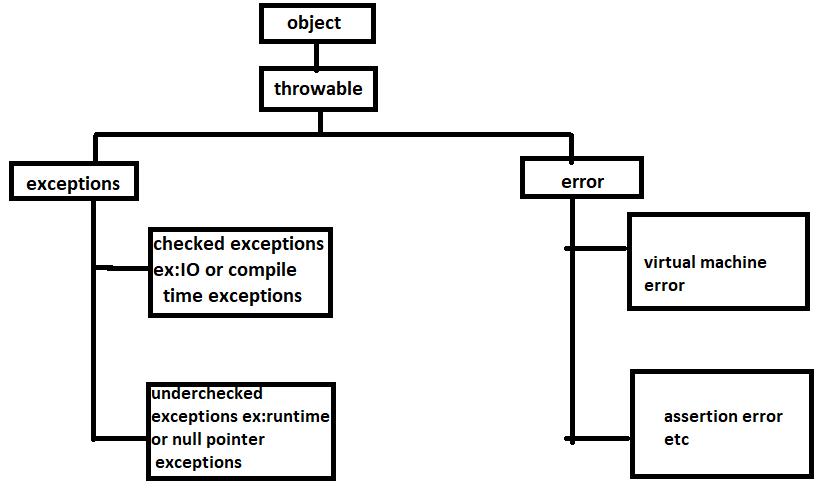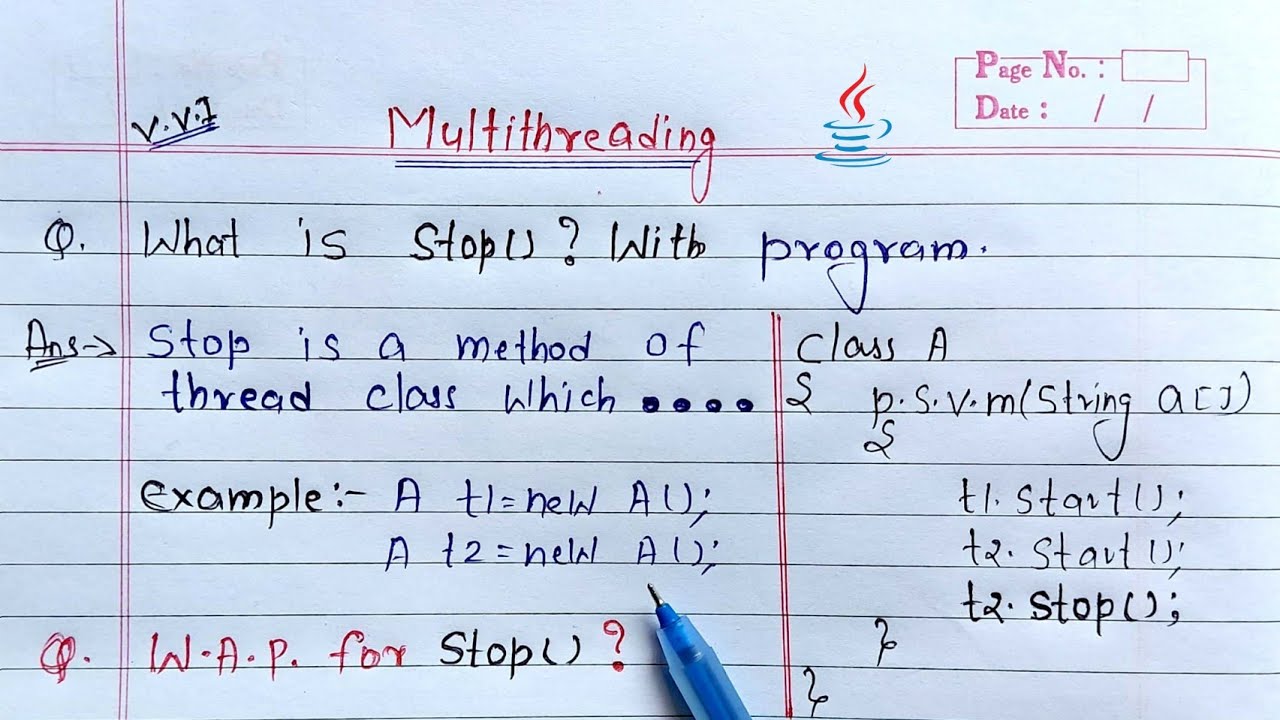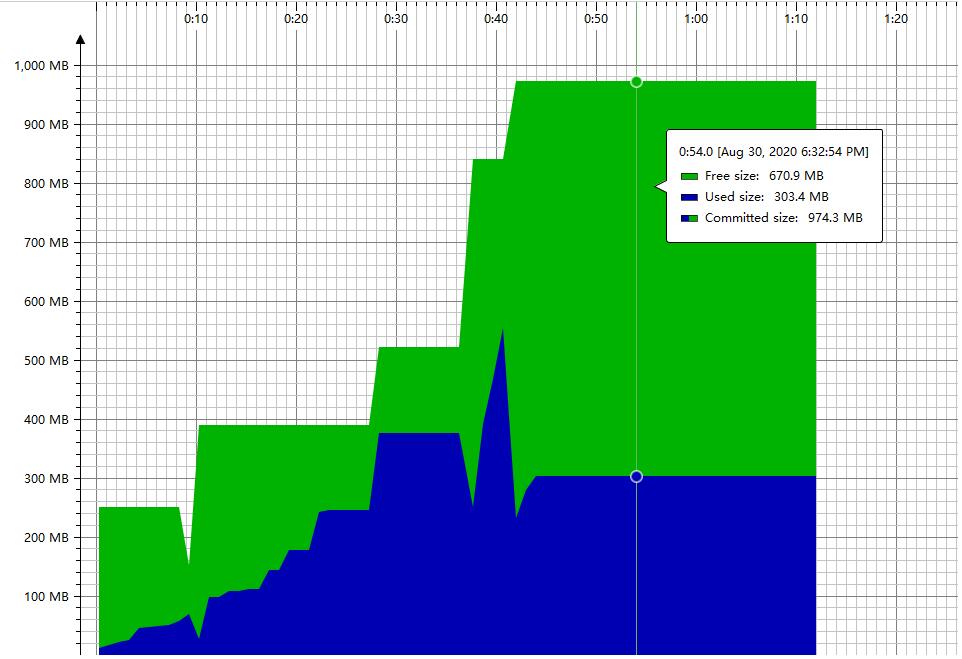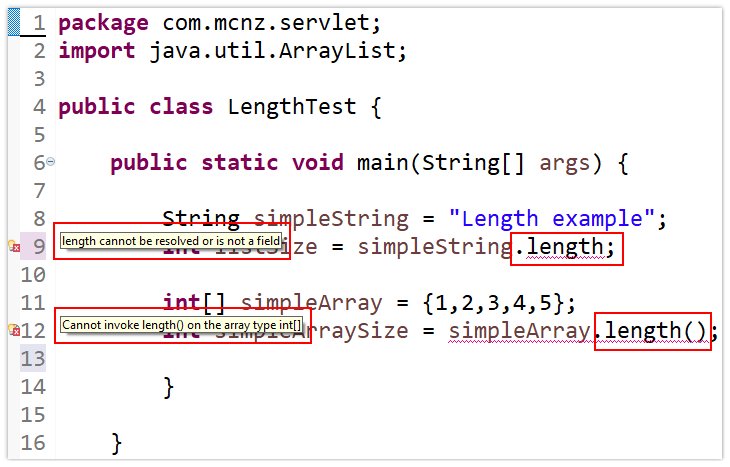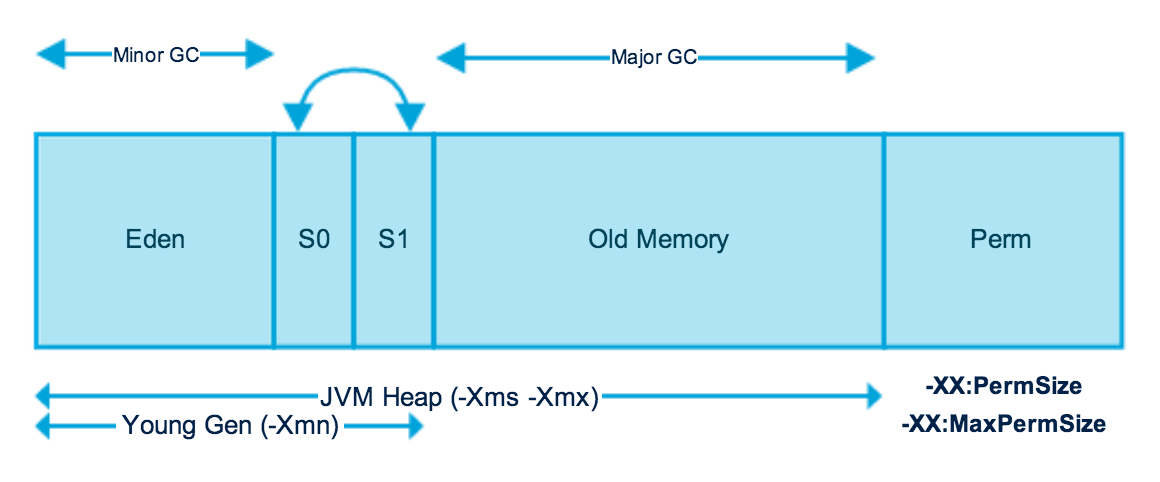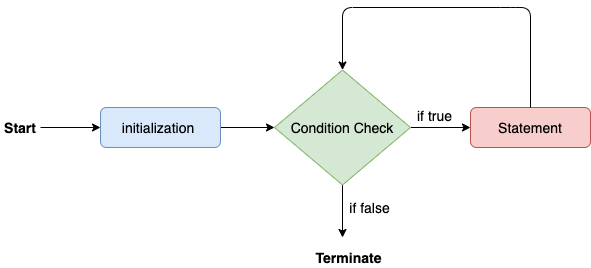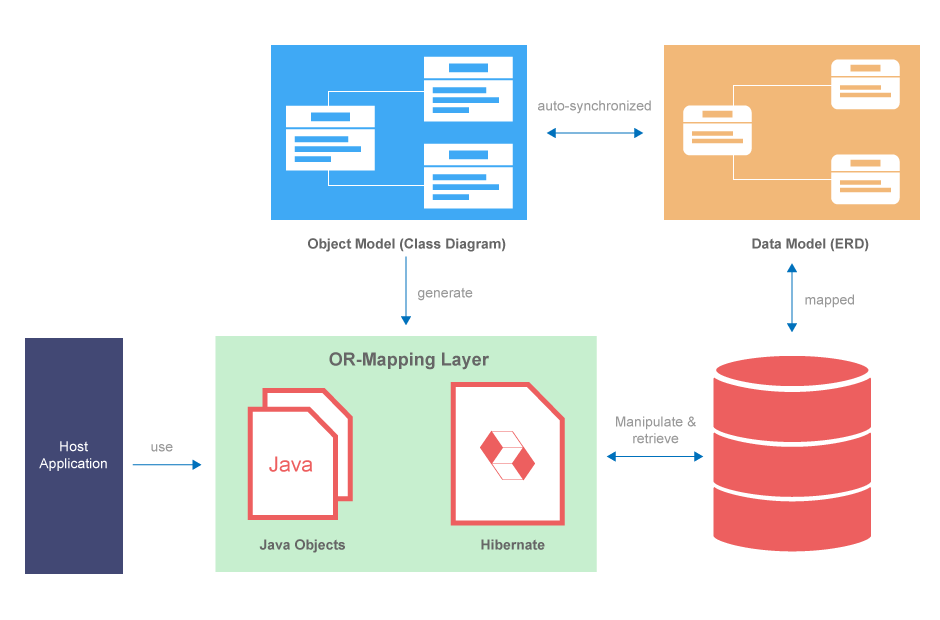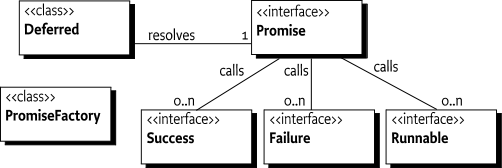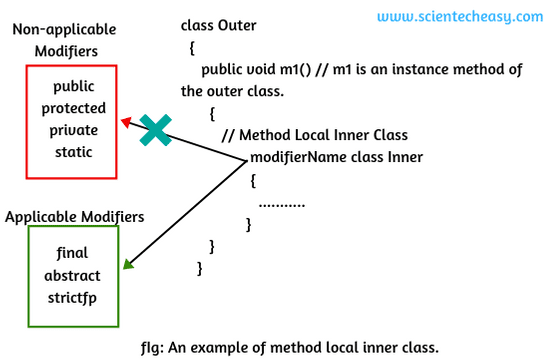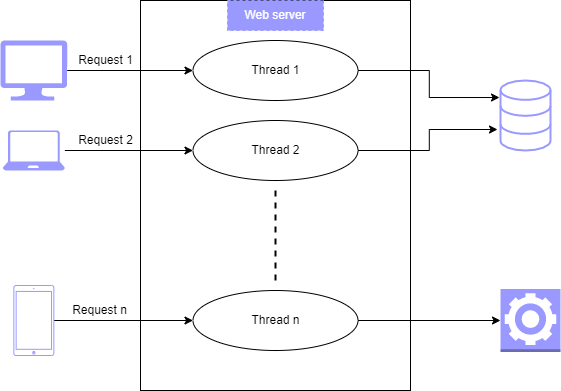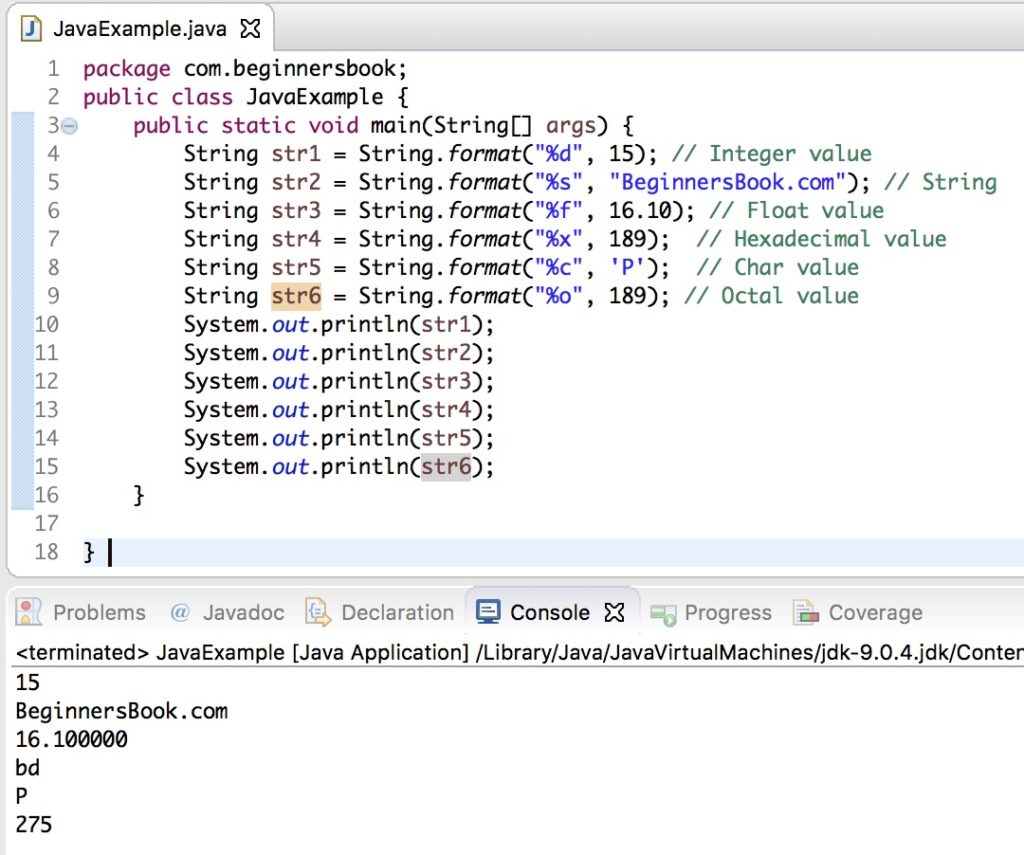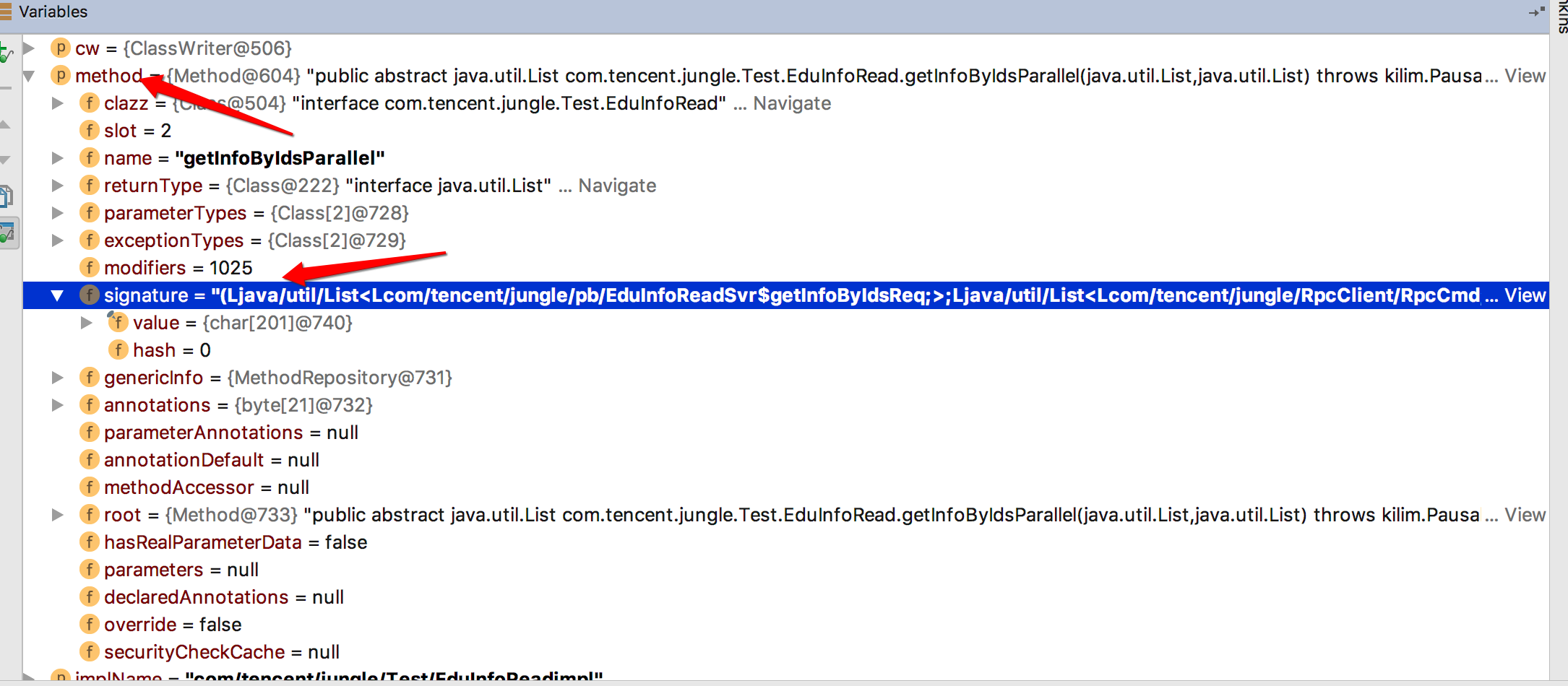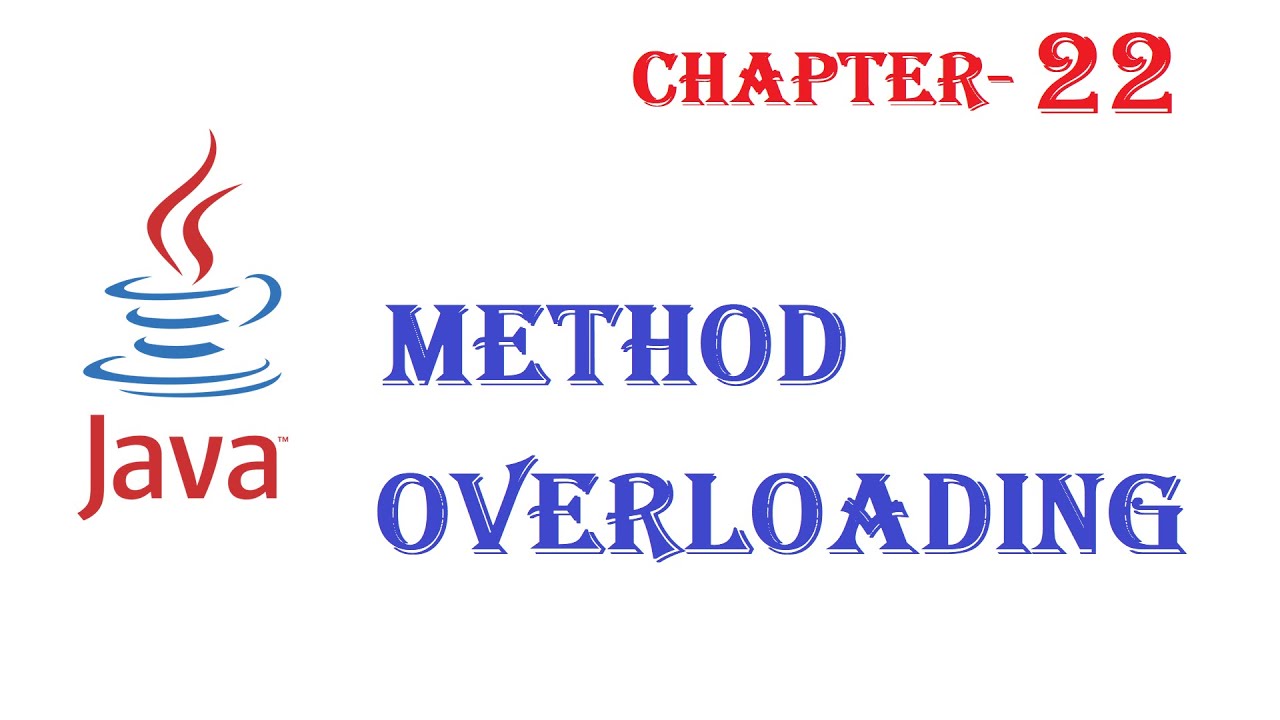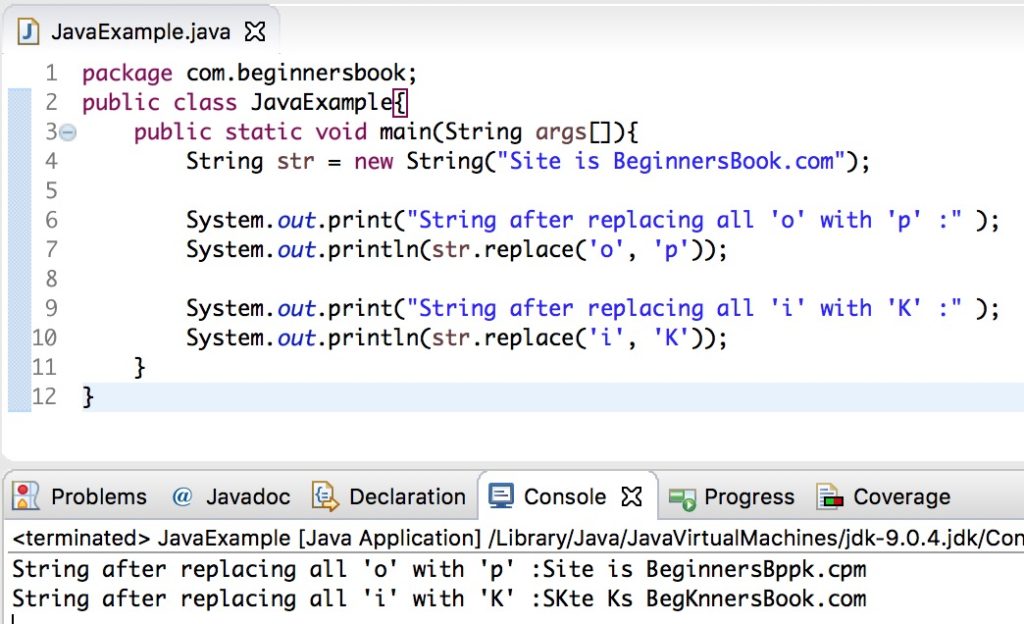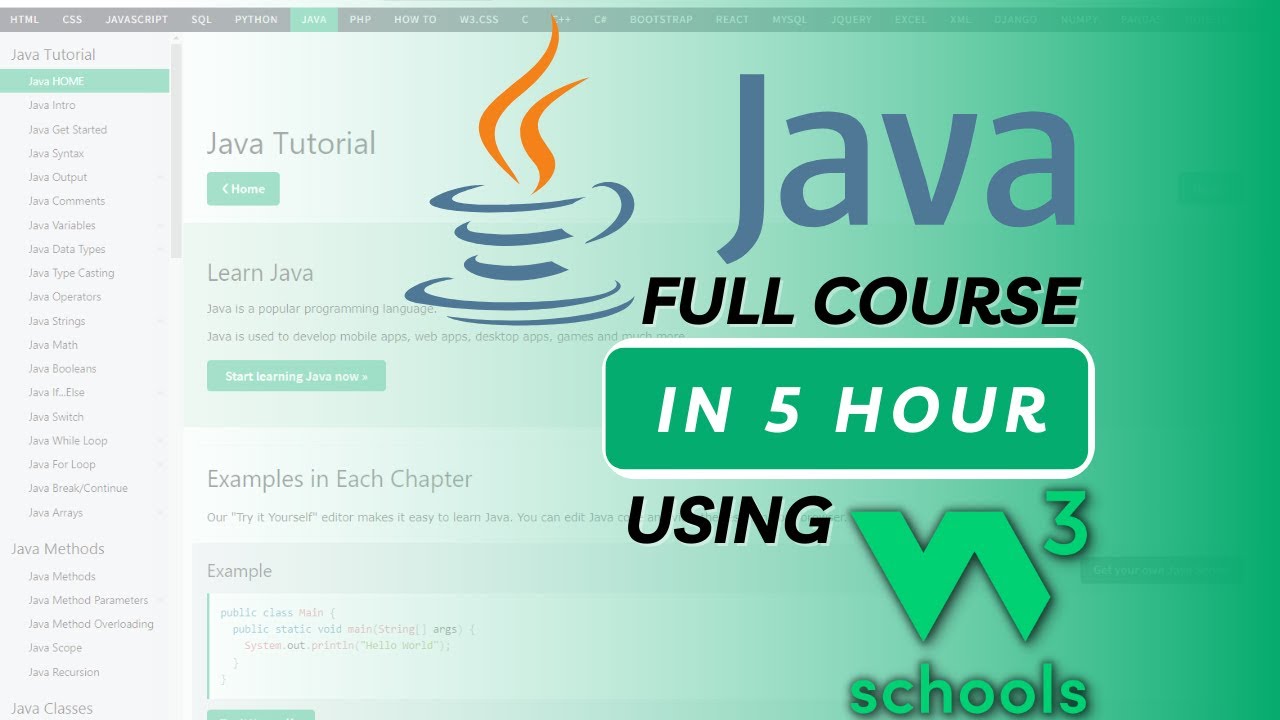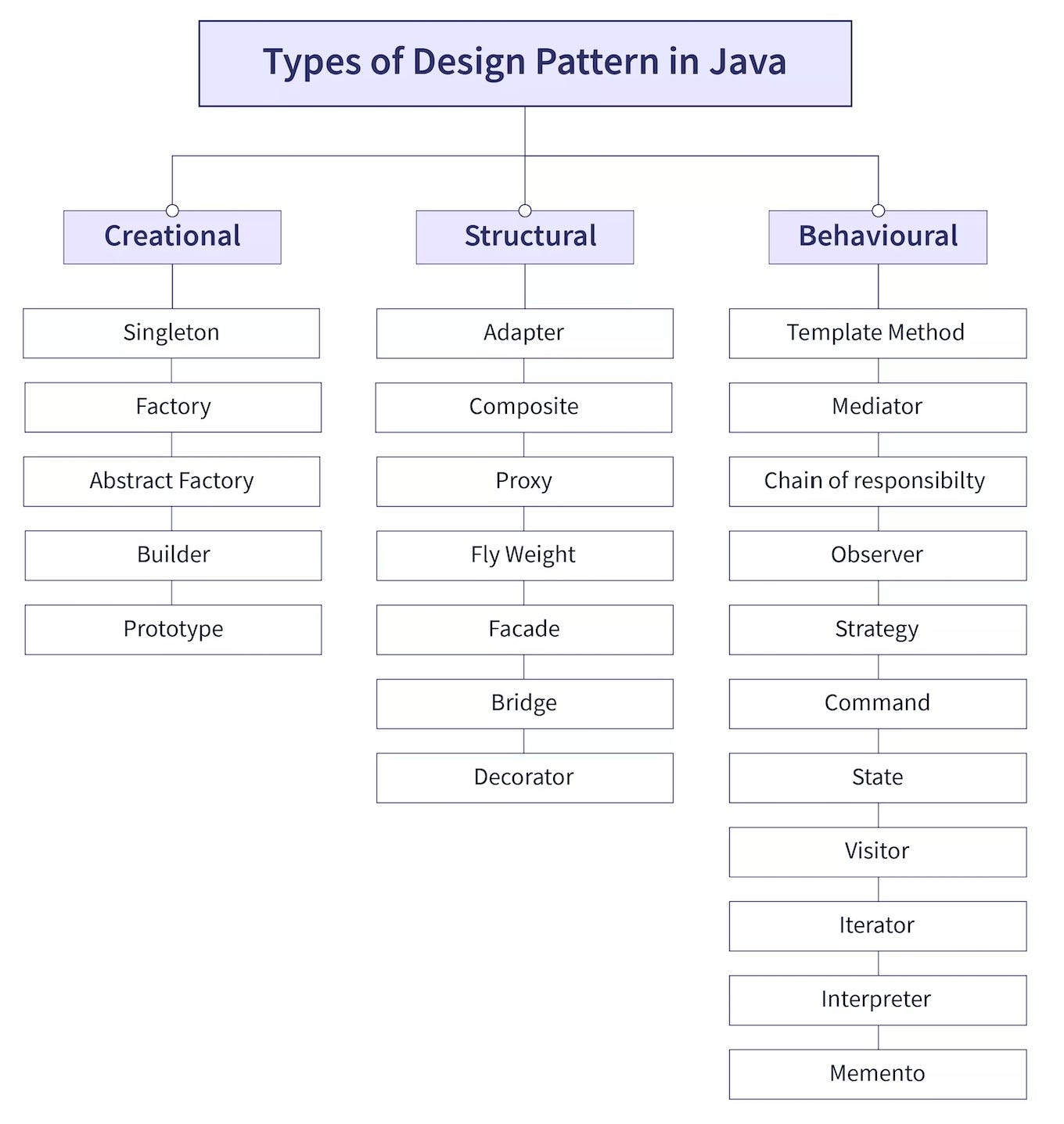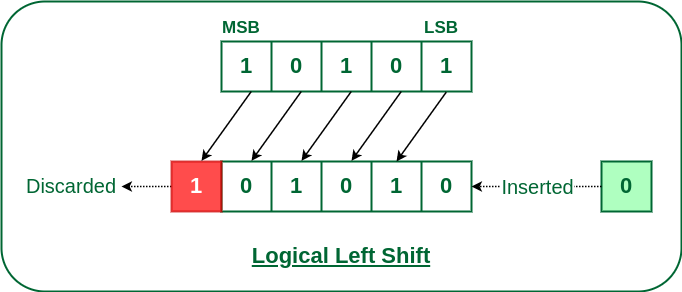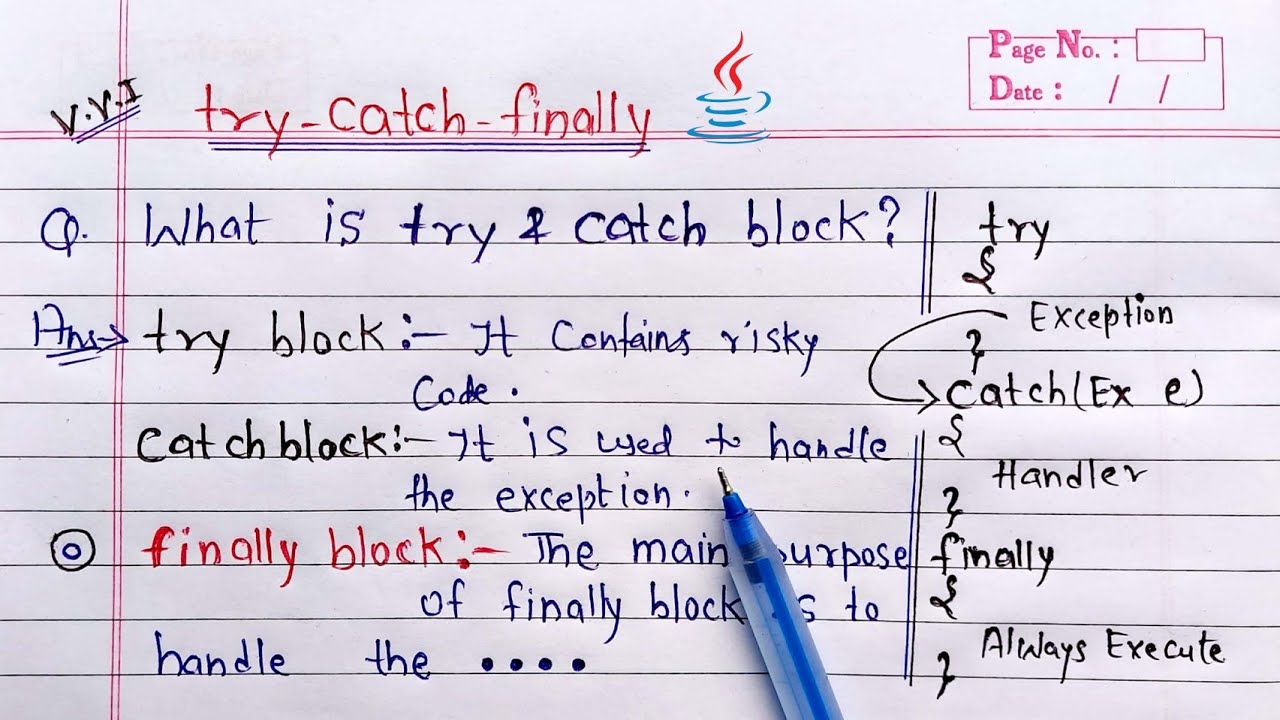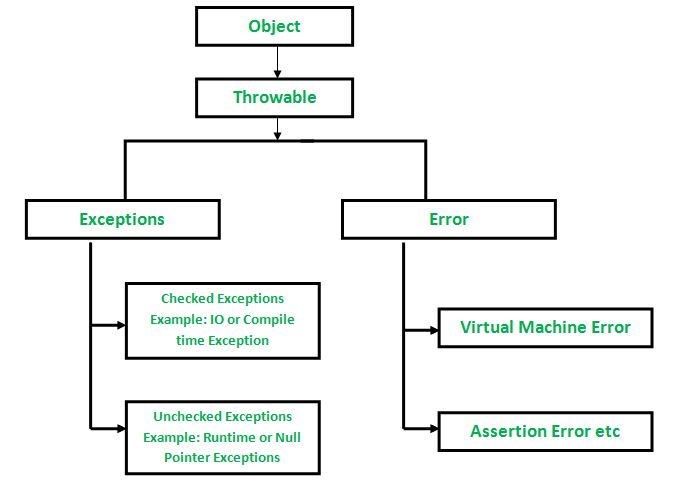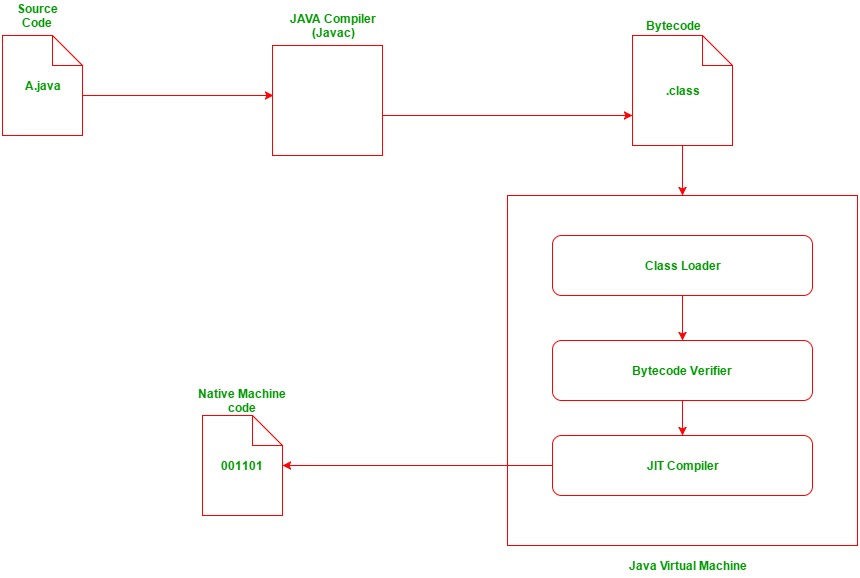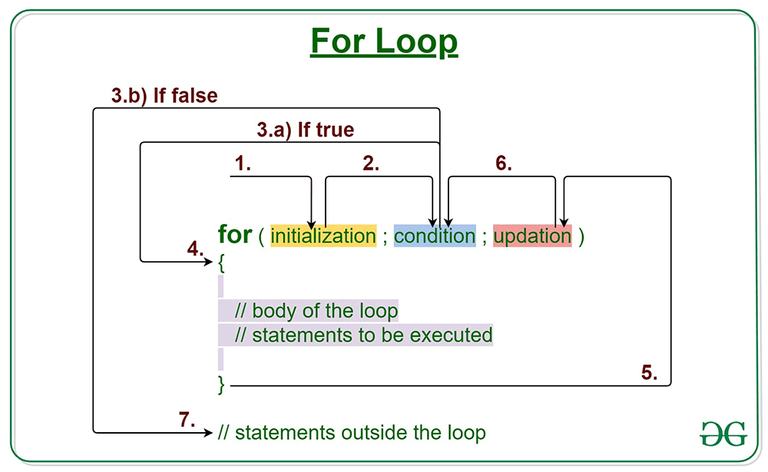Is Java better than Python for AI?
Is Java better than Python for AI?
I'll respond in English since you explicitly asked me to do so!
The age-old debate: is Java better than Python for AI?
Before diving into the comparison, it's essential to understand that both languages have their strengths and weaknesses when it comes to Artificial Intelligence (AI). The choice ultimately depends on the specific goals, requirements, and personal preferences of the developer.
Java:
Java has been a stalwart in the AI community for quite some time. Here are a few reasons why it's still an excellent choice for AI:
Maturity: Java has an extensive history of being used in AI applications, dating back to the early days of machine learning. This maturity has led to a vast array of libraries, frameworks, and tools that can be leveraged for AI development. Multithreading: Java's support for multithreading allows developers to easily create and manage multiple threads, which is crucial for many AI applications that require simultaneous processing of large datasets or complex computations. Java Virtual Machine (JVM): The JVM provides a sandboxed environment for running Java code, making it easier to ensure compatibility across different operating systems and hardware configurations.However, there are also some limitations to consider:
Slow startup times: Java programs can have slower startup times due to the overhead of loading the JVM and initializing the classpath. Garbage collection: While garbage collection is essential for memory management in Java, it can sometimes introduce unexpected pauses or slow down performance-sensitive AI applications.Python:
Python has gained significant popularity in recent years for AI development, thanks to its ease of use, flexibility, and vast array of libraries and tools. Here are a few reasons why Python is an excellent choice for AI:
Ease of use: Python's syntax is often described as "simple" or "easy to learn." This makes it an ideal language for beginners or those new to AI development. Libraries and frameworks: Python has an impressive array of libraries and frameworks for AI, including TensorFlow, Keras, OpenCV, and scikit-learn. Dynamic typing: Python's dynamic typing allows developers to easily switch between different data types and structures without explicit declarations.However, there are also some limitations to consider:
Performance: Python's interpreted nature can lead to slower performance compared to Java or compiled languages. Memory management: Python's automatic memory management can sometimes lead to unexpected memory allocation or deallocation issues.In conclusion, while both Java and Python have their strengths and weaknesses for AI development, the choice ultimately depends on your specific needs and goals:
If you prioritize ease of use, flexibility, and a wide range of libraries and tools, Python might be the better fit. If you require more control over memory management, multithreading capabilities, and a stable environment, Java could be the way to go.Remember, there is no one-size-fits-all answer when it comes to choosing a programming language for AI. Both languages have their own merits, and the best choice will depend on your unique project requirements.
Machine learning with Java course
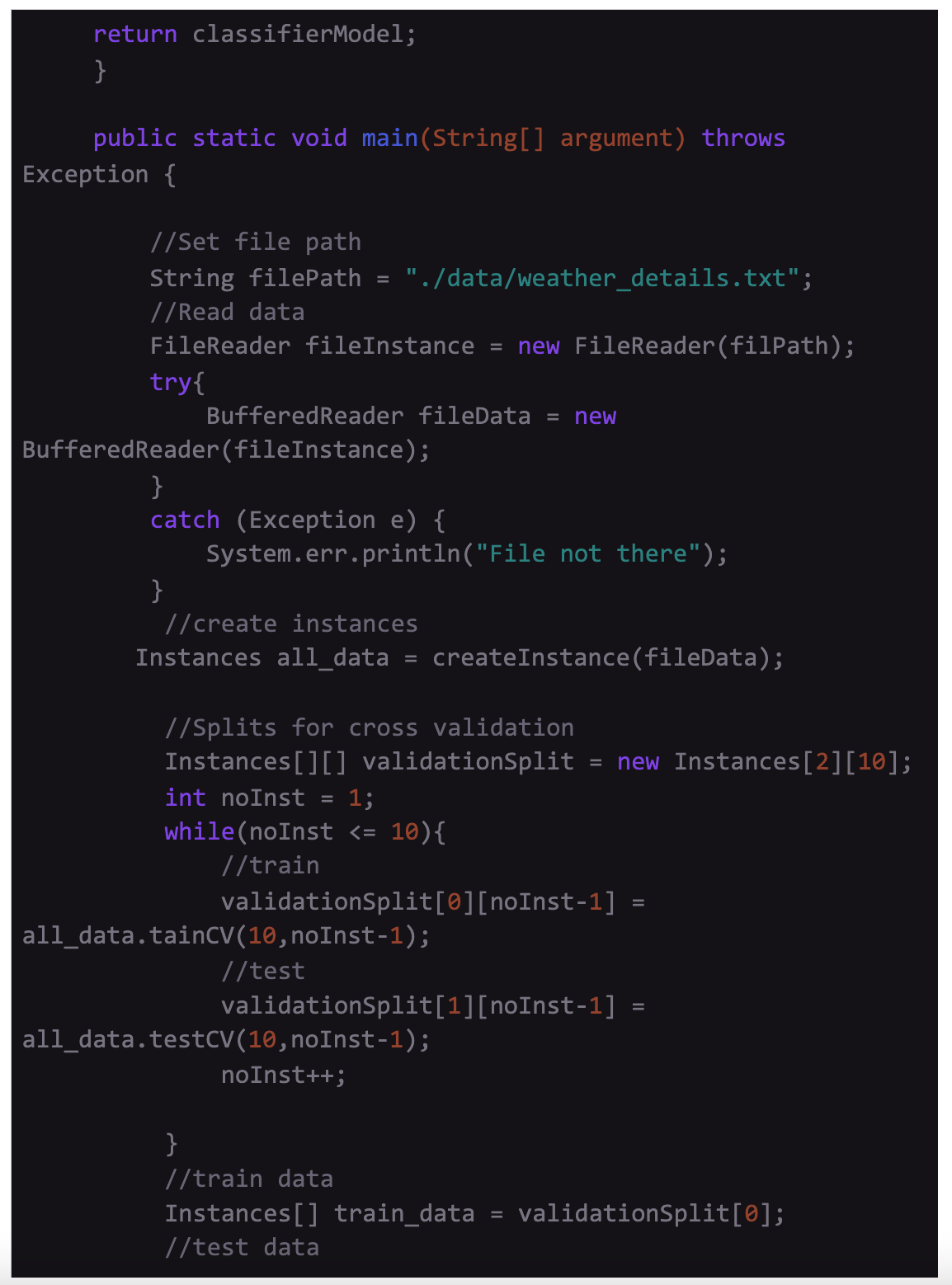
I'll respond in English for this specific request.
Machine Learning with Java Course: A Comprehensive Guide
Are you interested in machine learning and want to learn how to implement it using Java? Look no further! This course will take you on a journey through the world of machine learning, focusing specifically on its application in Java programming. By the end of this course, you'll have a solid understanding of machine learning concepts and be able to apply them to real-world problems.
Course Outline:
Introduction to Machine Learning: Learn about the fundamental concepts of machine learning, including supervised and unsupervised learning, regression, classification, clustering, and more. Java Basics for Machine Learning: Understand the essential Java programming skills needed for machine learning, including object-oriented programming, data structures, and algorithms.
Course Deliverables:
A comprehensive guide to machine learning with Java Hands-on experience implementing various machine learning algorithms using Java Understanding of linear algebra and calculus concepts applied in machine learning Familiarity with popular Java libraries for machine learningWho Should Take This Course?
This course is designed for anyone interested in machine learning and wants to learn how to apply it using Java. This includes:
Java developers looking to expand their skill set into machine learning Data scientists and analysts who want to learn Java-specific machine learning techniques Students and researchers seeking a comprehensive introduction to machine learning with a focus on JavaWhat Will You Learn?
By the end of this course, you'll have gained the following skills:
Understanding of fundamental machine learning concepts Ability to implement various machine learning algorithms using Java Familiarity with popular Java libraries for machine learning Knowledge of linear algebra and calculus concepts applied in machine learningCourse Format:
This course will be delivered in an online format, consisting of video lectures, interactive coding exercises, quizzes, and assignments. You'll have the opportunity to learn at your own pace and get feedback from instructors.
Are you ready to dive into the world of machine learning with Java? Enroll in this course today!


